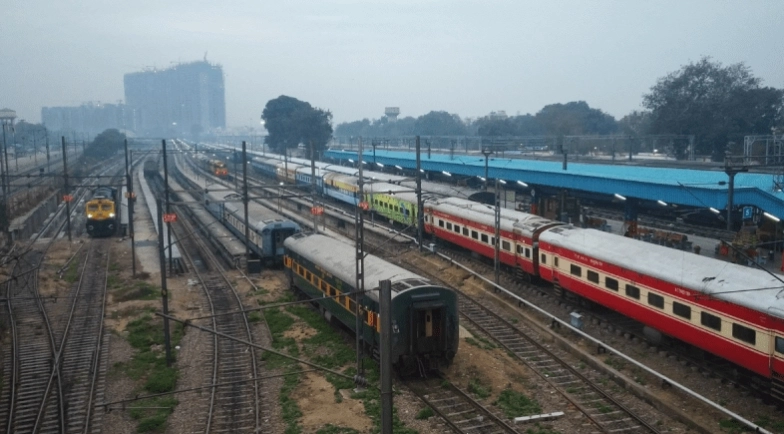
Travelling by train in India often involves uncertainty when it comes to partially confirmed or waitlisted tickets. With multiple passengers booking under one PNR, it can be confusing to know who can travel and who cannot. As per the latest regulations by Indian Railways, the rules have become stricter from May 2025 onwards, making it essential for passengers to understand the new norms before boarding. These changes affect those with partially confirmed train tickets, especially in sleeper and AC classes.
Indian Railways aims to reduce overcrowding and ensure comfort and safety for passengers with confirmed tickets. Earlier, ticket examiners sometimes allowed waitlisted passengers to board reserved coaches. However, this practice is no longer permitted. Those without a confirmed berth are required to travel only in unreserved coaches.
The refund process depends on how the ticket was booked. According to IRCTC guidelines, if a waitlisted ticket is booked online and does not get confirmed after chart preparation, it is automatically cancelled and refunded. In contrast, tickets booked at counters must be cancelled manually at the station to get a refund.
For partially confirmed train tickets, where some berths are confirmed and others are not, the situation is different. If you choose not to travel, you must file a Ticket Deposit Receipt (TDR) with valid reasoning. Refunds for such cases are not automatic and depend on the railway’s discretion.
Travelling in a reserved coach without a confirmed berth is a punishable offence. As per The Economic Times, this falls under Section 155 of the Railways Act, 1989. Passengers caught travelling without a valid reservation may face penalties, fines, or removal from the train.
Indian Railways has implemented these regulations to improve passenger experience and manage overcrowding in long-distance trains. Passengers are advised to check their ticket status after chart preparation and refrain from boarding reserved coaches if their seat is not confirmed.